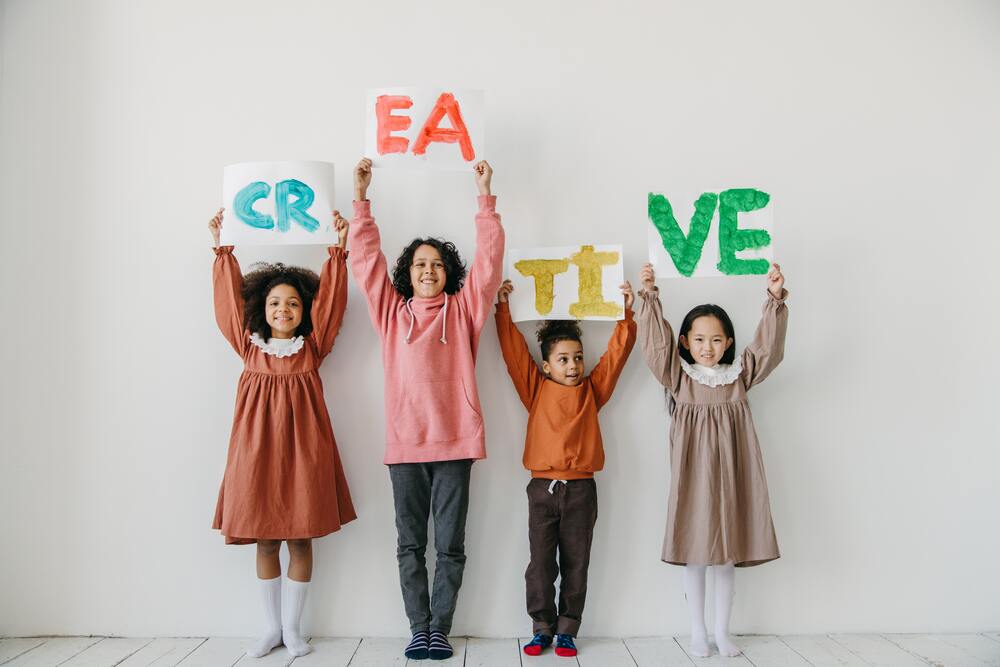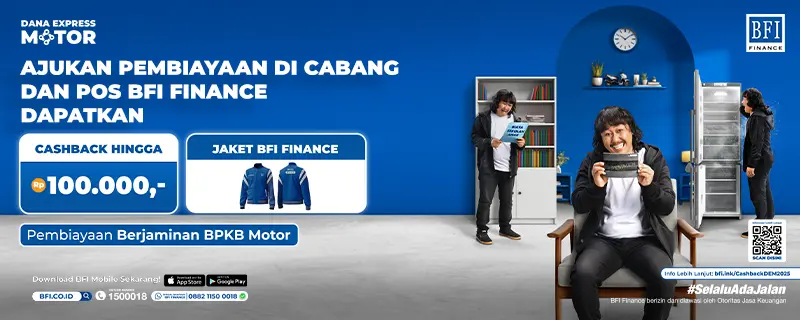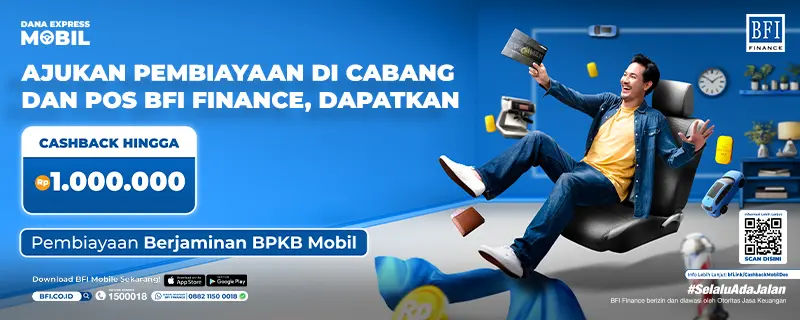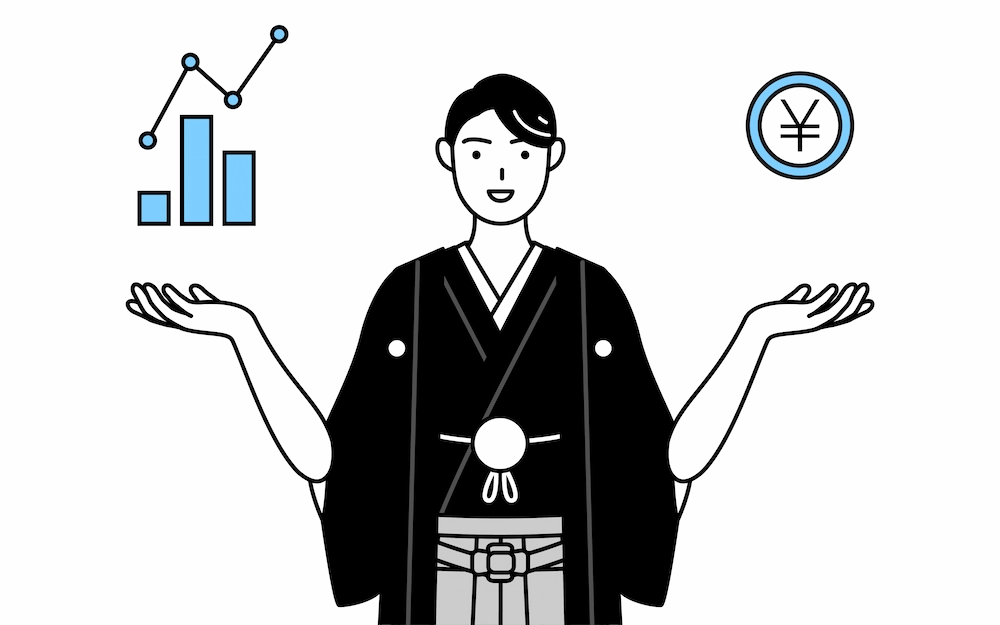Do you want to develop your child's potential? The montessori method can be the answer! Montessori is an educational method that is different from the regular education system in general.
This method is increasingly popular because it is believed to be able to develop children's potential by exploring various activities. This learning activity will be adjusted to the interests and talents of children. With the hope that later children can be better prepared to face the outside world.
So that we can understand what the Montessori method really is, let's look at the following description.
1. What is Montessori?
Montessori is an educational method devoted to children. As the Montessori name implies, this method was first developed by an Italian doctor and educator named Dr. Maria Montessori in 1900.
The characteristic of the Montessori method is that it frees children to choose what they want to learn according to the purpose of the Montessori method itself, namely so that children are able to reach their potential in life. The choice of lessons that they can choose must have been designed based on the appropriate age range. In addition, Montessori can be applied at school or at home.
The Montessori method also believes that every child has their own strengths and talents. In addition, this method emphasizes the freedom to explore and instill independence with certain limits.
Image Source: Pexels/Yan Krukov
2. Principles of Montessori Education
The Montessori method has 5 principles that are held. Among them are:
2.1. Experiential Learning
The first principle emphasizes the experience of learning that can be felt. This means that children will be invited to directly experience what they are learning, not just sitting or listening to explanations from their teachers and parents.
2.2. Teachers or Parents Provide Tools for Learning
The second principle is the procurement of tools for learning. In the Montessori method, both teachers and parents act as guides. They are required to introduce children to materials related to learning in order to know firsthand what they are learning. Unlike in regular schools which tend to rely on textbooks.
2.3. Specially Designed Environment (Prepared Environment)
The third principle is to provide a special environment for learning. This room should be specially designed so that children are able to explore and feel what they are learning, or in other words, learn independently.
For interior design, you can choose a minimalist style with calming neutral colors so that children can concentrate well.
2.4. One On One Lesson
The fourth Montessori principle is one on one lesson where teachers or parents support the needs of children through 1:1 learning so that children can get maximum direction and learning.
2.5. Peace Education
The fifth principle is peace education where the Montessori learning method teaches the values of peace to children. This means that children will have the ability to overcome conflicts and problems on their own without violence and in a creative way. In the learning process, it is necessary to emphasize the issue of teaching mutual respect, mutual respect, and love.
3. Stages of Montessori Learning and the Focus of the Material
Reporting from hallosehat, there are 4 stages of learning in the Montessori method, namely as follows.
3.1. The first stage
The first stage lasts from newborns to children aged 6 years. For ages 0-3, the program focuses on developing speech, movement coordination, and independence.
While at the age of 3-6 years, the program focuses on daily life exercises, learning through the five senses (sensorial), language, and mathematics.
3.2. The Second Stage
The second stage takes place in the age range of 6-12 years. At this age, educational programs focus on understanding the universe and aspects of culture, including geography, biology, history, language, mathematics, science, music, and the arts.
3.3. The Third Stage
The third stage takes place between the ages of 12-18 years. At this age, educational programs focus on recognizing the special characteristics of adolescence.
3.4. The Fourth Stage
The fourth stage is the age range of 18-24 years, at which age a child can be categorized as an adult.
4. The difference between Montessori and other methods
As we already know, Montessori is a method of educating children according to their talents and interests. Therefore, there are some prominent differences between the Montessori and conventional education methods. The difference lies in the learning process where conventional schools tend to follow the applicable government curriculum. As for Montessori, the learning process is determined by the choice of the child which is then adjusted to certain stages.
5. Advantages and Disadvantages of the Montessori Method
After knowing that we know Montessori is an educational method for children, then we need to know what are the advantages and disadvantages of this method.
5.1. Advantages of the Montessori Method
The advantages generally depend on each child. However, the general advantages of this method include:
- Critical mindset
- Able to collaborate or work in a team
- Able to act decisively
- Have the freedom to choose activities
- Help develop children's independence
- Practicing regularity
- Stimulating the five senses through learning activities by directly feeling what is being learned
- Develop social skills through joint activities with multi-age classes
- Children can learn at their own pace
- Train motoric skills
- Emphasis on peace education, namely the ability of children to overcome conflicts and problems on their own without violence and through creative ways
5.2. Disadvantages of the Montessori Method
Some of the drawbacks of this method include the following.
- This method is not applied to public schools, for children who previously used this method will have difficulty adapting if they continue their education in formal schools.
- The possibility of the emergence of an aggressive attitude in children with an older age towards a younger age is because of the age grouping. In other words, bullying occurs because they feel more entitled than other children.
- Sometimes parents do not know what activities should be avoided by children so as not to lead to unwanted or dangerous behavior
- Schools with the Montessori method tend to be more expensive
- Montessori schools are very limited, not all regions have schools with this method
- An environment that frees children to explore allows unruly children
6. Who is Suitable for Using the Montessori Method?
Basically all children are suitable for using this method because each child has their own uniqueness and potential. in particular, children with visual, auditory, kinesthetic learning styles.
7. Montessori School in Indonesia
Montessori is an educational method that is not applied in all conventional schools. Quoted from parenting.co.id, the following are some Montessori schools in Indonesia.
Jakarta Montessori School (Toddler, Preschool, and Primary School)
Jl. Durian No. 10, Jagakarsa, Jakarta Selatan
Telp.: 021-7272162
Website: www.jakartamontessori.com
Indonesia Montessori School (Preschool)
Jl. Utan Kayu No. 20, Jakarta Timur
Telp.: 021-8583906
Jl. Pondok Gading Utama Blok B No. 83, Kelapa Gading, Jakarta Utara.
Telp.: 021-92616269
Website: www.indomontessori.com
Kinderworld Montessori (Preschool)
Jl. Pulo Kelor blok A5 No. 5, Taman Permata Buana, Jakarta Barat
Telp.: 021-58301971
Website: www.kinderworldmontessori.com
Taman Kanak-kanak Montessori Bali
Jl. Oberoi No. 66X, Kerobokan, Bali
Telp.: 0361-730028
Website: www.childrenofbali.org
8. Recommended Montessori Books
Montessori is an interesting and quite effective learning method. Are you interested in applying the Montessori method at home or want to get to know this method more closely? The following books can be a great reference for you!
1. A-Z Tanya Jawab Montessori dan Parenting - Rosalynn Tamara
2. Seni Menggali Potensi Anak Sejak Dini - Paula Polk Lillard -
3. Islamic Montessori Inspired Activity - Zahra Zahira
4. The Montessori Baby - Simone Davies & Junnifa Uzodike -
5. The Montessori Toddler - Simone Davies
6. Montessori for Multiple Intelligences - Ivy Maya Savitri
7. Dr. Montessori’s Own Handbook - Maria Montessori
8. Montessori Keajaiban Dunia Anak Yang Terlupakan - Maria Montessori
9. Jatuh Hati Pada Montessori - Vidya Dwina Paramita
10. Montessori Play and Learn - Lesley Britton







